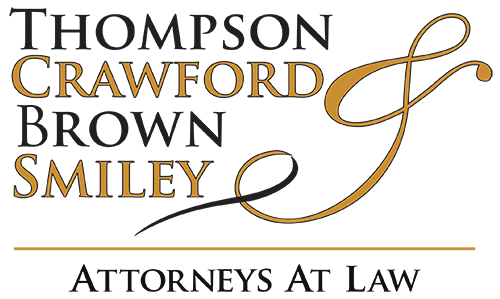The Internal Revenue Code allows for two different levels of corporate tax treatment. Subchapter C corporations include most large, publicly-held businesses. These corporations face double taxation on their profits if they pay dividends: C corporations file their own tax returns and pay taxes on profits before paying dividends to shareholders, which are subsequently taxed on the shareholders’ individual returns.
Subchapter S corporations must meet certain requirements that allow the business to insulate shareholders from corporate debts but avoid the double taxation imposed by subchapter C. To receive subchapter S treatment, corporations:
– Must be domestic;
– Must not be affiliated with a larger corporate group;
– Must have no more than one hundred shareholders;
– Must have only one class of stock;
– Must not have any corporate or partnership shareholders; and
– Must not have any nonresident alien shareholders.
Additionally, after a business is incorporated, all shareholders must agree to subchapter S treatment prior to electing that option with the Internal Revenue Service. The limitations imposed by the subchapter may affect the transferability and marketability of corporate shares. It would be good to seek advice from an accountant who offers business advice as well as from a qualified attorney as to which entity is best for your situation.
